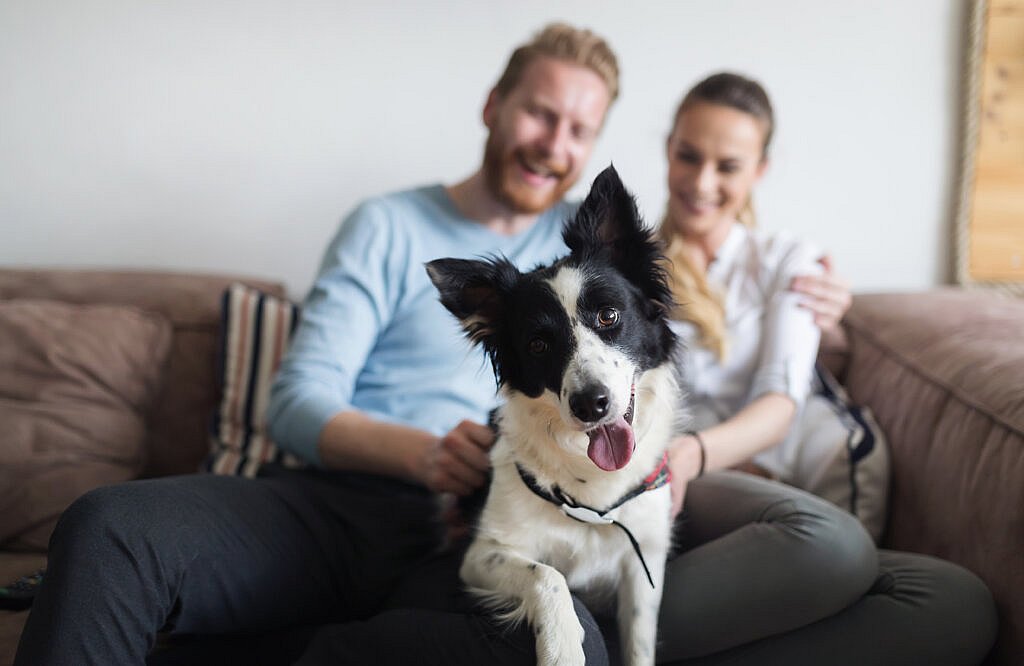
Virginia is for Lovers. And Virginia is for Pet Lovers too. Talk to any pet owner you know, and they will tell you that the value of their pet is way more than the purchase price. Traditionally, however, Virginia law has valued an owner’s pet only up to “Fair Market Value.” What that has meant in practice is that when someone has lost a pet, or a pet has been injured due to someone else’s negligence, the owner has been limited to the value that the pet would have snagged on the open market.
What happened?
In this case, the owners of a golden retriever, Marin, took the beloved pet in for a CT scan at Blue Pearl Veterinary Partners due to severely injured legs. However, unfortunately, providers at Blue Pearl are alleged to have failed to adequately secure Marin during the procedure, leading the animal to sustain serious further injury.
Due to the alleged negligence, Marin’s owner incurred just under $7,000 in treatment. The owners also sought between $108,000 and $119,000 per year for the remainder of Marin’s life for “adequate and necessary rehabilitative care,” to include electronic stimulation, shockwave therapy, and stem cell therapy.
How did the veterinarian respond?
First, Blue Pearl denied they did anything wrong. But they also asked the trial court to exclude any evidence at trial for damages that exceeded $350, which they claimed was the Fair Market Value of Marin. They based their argument on a long-understood concept under Virginia law that pets are mere personal property, and that expenses and repair costs cannot be sought if they exceed the diminished market value of the dog.
While the judge agreed with this concept, he provided:
“‘the general rule for determining … damages for injury to personal property is to subtract the fair market value of the property immediately after the loss from the fair market value thereof immediately before the injury, the remainder, plus necessary reasonable expenses incurred, being the damages.’”
“Nevertheless, ‘the sundry rules for measuring damages are subordinate to the ultimate aim of making good the injury done or loss suffered and hence “[t]he answer rests in good sense rather than in a mechanical application of a single formula,”’ AtLee wrote. “In other words, the general damages rules are ‘a standard, not a shackle.’”
What does “reasonable and necessary mean?”
To be clear, the Court did not say that owners can claim for anything they “feel” the pet needs for treatment. Indeed, the judge warned that the ruling did not permit an owner to recover for “any and all treatments that may be available,” to treat the animal. Instead, owners have to act in good faith and exercise sound discretion.
As we (at Abrenio Law) read this opinion, we expect to be able to claim for treatment for an injured animal, you’ll likely need a veterinarian to be able to fine that the treatment was reasonable, necessary, and caused by the defendant “to a reasonable degree of probability,” much like treatment for injured people.
Does this mean that pets are valued like people in Virginia?
The short answer is no. While this ruling expands the traditional understanding of what owners can seek for damages for an injured pet, it does not mean that they can claim for the same damages that a human can claim for injuries. Specifically, an owner still cannot claim for the emotional damages of losing a pet or for the pain, suffering, and inconvenience a pet is caused because of someone’s negligence.
Nevertheless, this is a step in the right direction.
Still have questions?
Make sure to check out our Personal Injury & Criminal Defense Practice Pages where we’ve answered many other questions you likely have. Abrenio Law is a Personal Injury & Criminal Defense Law Firm representing individuals in Northern Virginia and throughout the Commonwealth. You can learn more about Abrenio Law by visiting our About Us page. You can also read about some of our Prior Results, and Read Our Reviews. Make sure to contact us at Ph. 703-570-4180 for your Free Consultation.
